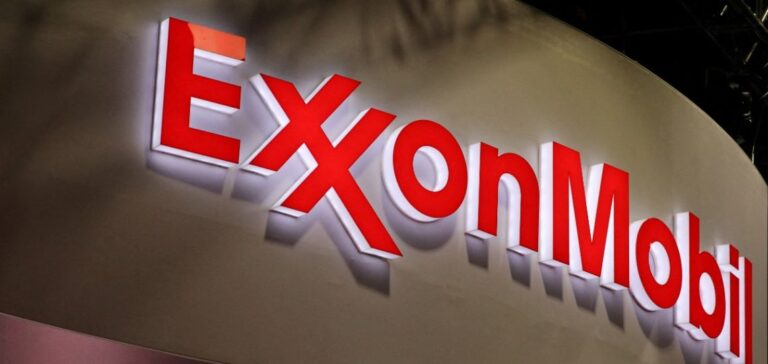ExxonMobil, through its subsidiary Esso Australia Resources Pty Ltd, has unveiled a $200 million investment in the Kipper 1B gas project. The project, in collaboration with Mitsui E&P Australia and Woodside Energy, is aimed at developing the Kipper field, located in the Gippsland Basin off the southeastern coast of Victoria. The primary goal is to enhance gas supply to the Australian domestic market, anticipating potential shortages from 2027 onwards.
The planned works include drilling and installing a subsea well in the Kipper field, as well as significant upgrades to the West Tuna platform. Drilling operations are scheduled to begin later this year, with the project expected to be operational before the winter of 2026. Esso Australia has reaffirmed its commitment to investing in its Gippsland operations to sustain gas production until the 2030s.
Partnerships and Stakeholder Distribution
In this partnership, Mitsui holds a 35% stake, while Woodside and ExxonMobil each hold 32.5%. This strategic collaboration between the three companies is aimed at maximising available resources and ensuring efficient gas distribution to meet Australia’s growing energy needs.
Context and Previous Initiatives
This initiative is part of ongoing efforts to strengthen Australia’s energy security. It follows the successful commissioning of the Kipper compression project and the West Barracouta project, which became operational in 2021. These earlier projects have already contributed to increasing the supply of gas exclusively for the domestic market, and the Kipper 1B project continues this objective by further expanding supply capacity.






















